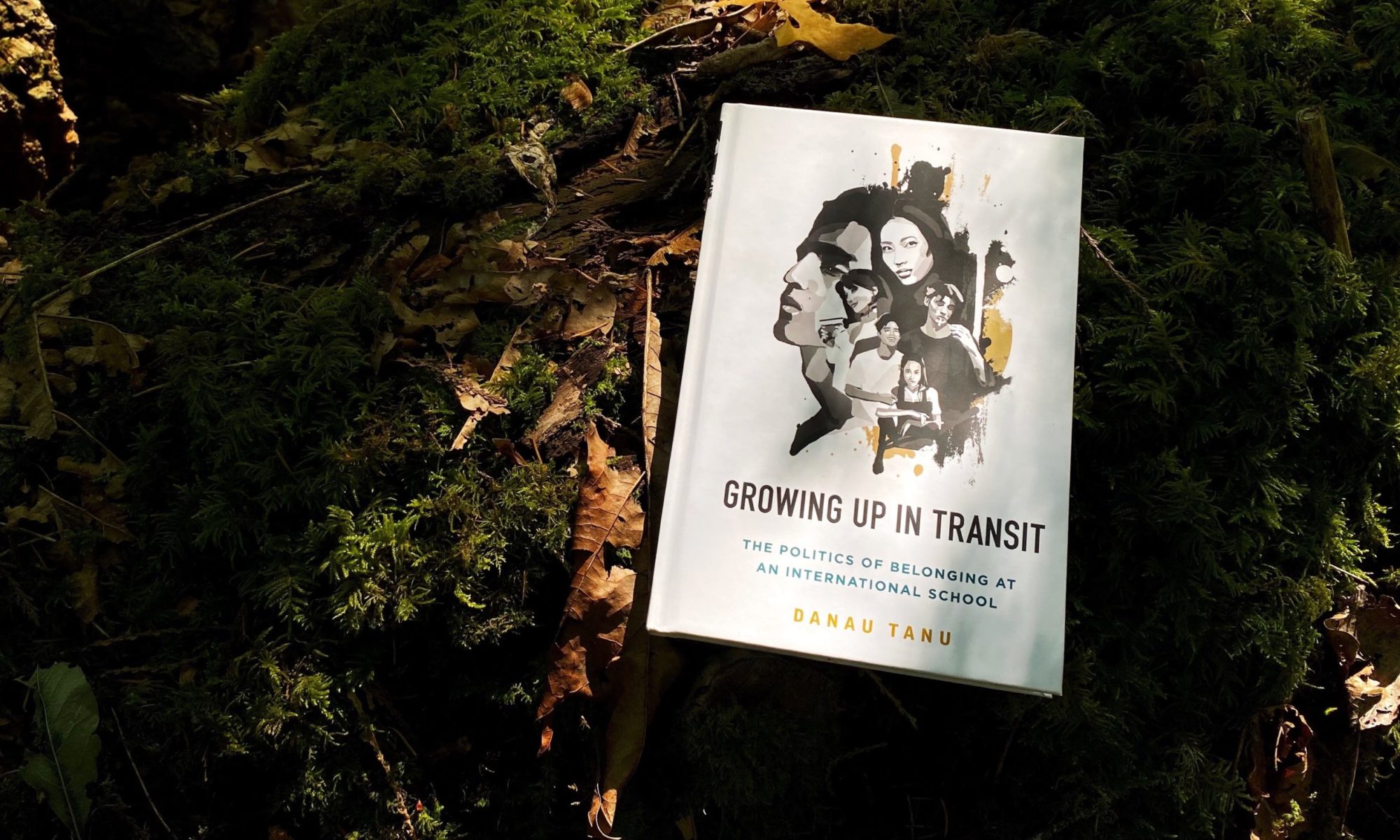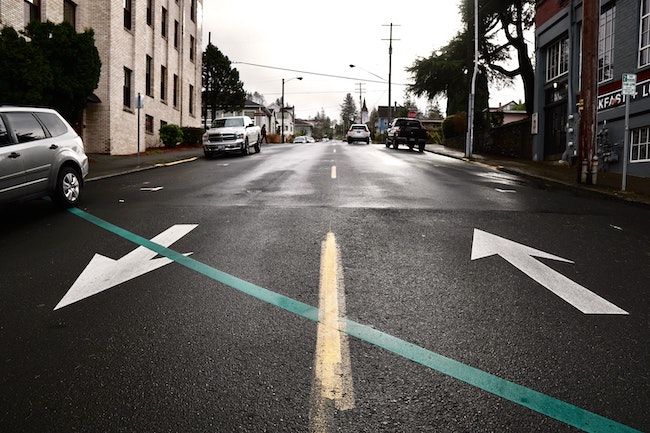
Photo by Marissa&Eric on Unsplash
Main themes
- Two-way street
- Being ‘seen’
CORE TOPICS
- the hidden curriculum (and hidden narratives)
- being ‘international’ and invisible diversity
- teachers as gatekeepers / not role modelling
- internalised racism
SLIDe deck
The slide deck from the keynote talk are available in PDF format.
Resources mentioned in the keynote
- Growing Up in Transit: The Politics of Belonging at an International School. Danau Tanu, 2018. (Get 35% off until December 31, 2021.)
- Third Culture Kids: Growing Up Among Worlds, 3rd Edition. David Pollock, Ruth E. Van Reken and Michael Pollock, 2017.
- Safe Passage: How mobility affects people & what international schools should do about it. Doug Ota, 2014.
- Children At Promise: 9 principles to help kids thrive in an at risk world. Tim Stuart, 2003.
- See also Tanya Crossman’s list of recommended resources
See a list of other relevant resources here.
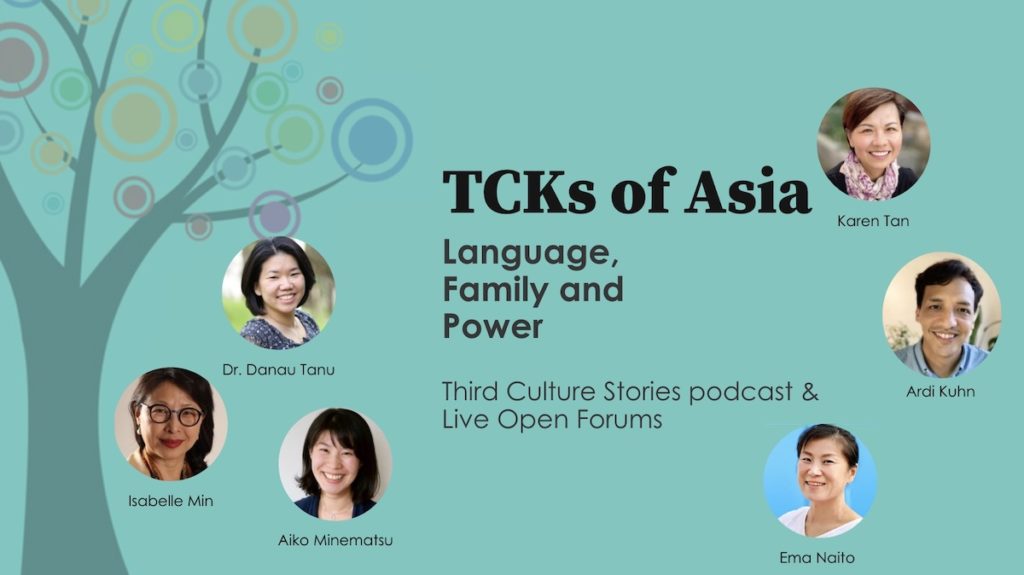
TCKs of Asia
A community group that hosts live open forums and a podcast that deep dives into the additional layers of Third Culture Kids that have never been explored before.
Learn more about past forums or listen to the podcast on Spotify or Anchor
AIELOC monthly Community Visioning
A monthly community session dedicated to explore ways to end discrimination in the international school ecosystem. All are welcome. See event description or visit AIELOC’s events page.
Organisation to Decolonise International Schools
Alumni and student-led organisation ‘to create a movement within all international schools (not just IB) and the expat community at large to expand the scope of international education beyond current Western values, to be intersectional and inclusive of all marginalised groups’.
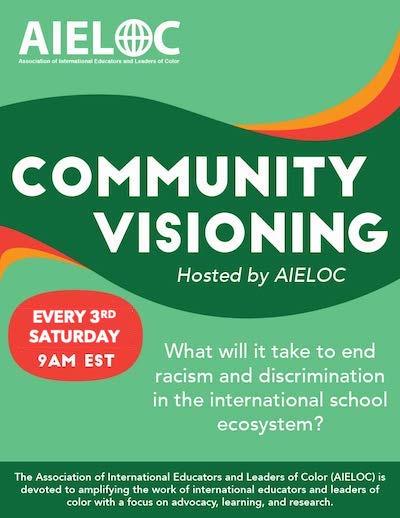
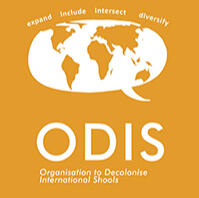
Optional readings
These three short, easy-to-read articles offer a brief introduction to the core topics listed above. These articles include extracts from Growing Up in Transit: The Politics of Belonging at an International School.
- Educating global citizens? Inside Indonesia. October 4, 2010. (This is a short article that I’ve dubbed ‘a teaser’ to Growing Up in Transit.)
- Osmosis: When Children Internalize Racism Through School. (Originally published on October 14, 2020.)
- The Hidden Curriculum. (Originally published on February 16, 2021.)
You can also download the free introduction to Growing Up in Transit.
Exercise questions
Please feel free to reflect on these questions to continue thinking about the themes from the keynote talk.
Q1. Describe a time when you felt seen by a teacher (or any adult). Why did you feel seen? Describe a time when you did not feel seen by a teacher (or any adult). Why did you not feel seen?
Q2. A) Describe one or two areas where you lack privilege. How has this affected you and how others interact with you? How does it affect the way you teach and/or interact with students? B) Describe one or two areas where you have privilege. How might this affect how you see students? How you teach?
Q3. Identify and describe an example of a negative narrative that is being told about students at your school. In what way are students being blamed for it? In what way are the staff contributing to the “problem” or acting as gatekeepers? (Question 2 will make more sense after the workshop.)
Q4. What action will you take to help change the culture of the school? For example, what will you change about the way you teach, interact with students or staff, talk about students, and so on?
Q5. Compare the two maps of Australia (here and here). They tell stories from two different perspectives. The first map represents the dominant narrative told of Australia and is more widely known. The second map tells a story that is often missing from the dominant narrative. Can you identify the dominant narrative told in your subject curriculum or textbooks? What are the stories that are missing from the curriculum or textbooks you use?
For more resources on decolonising the curriculum, see here.
